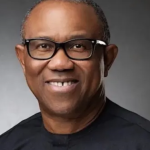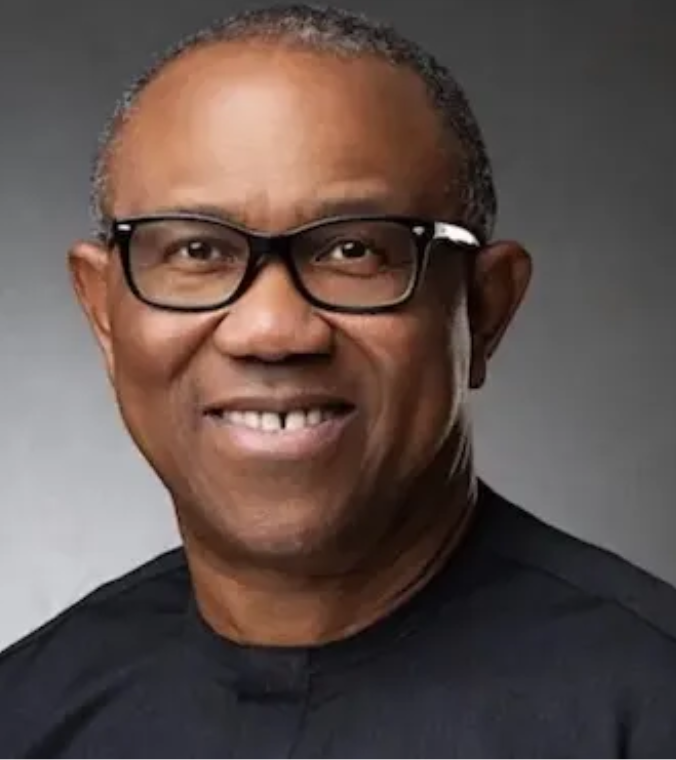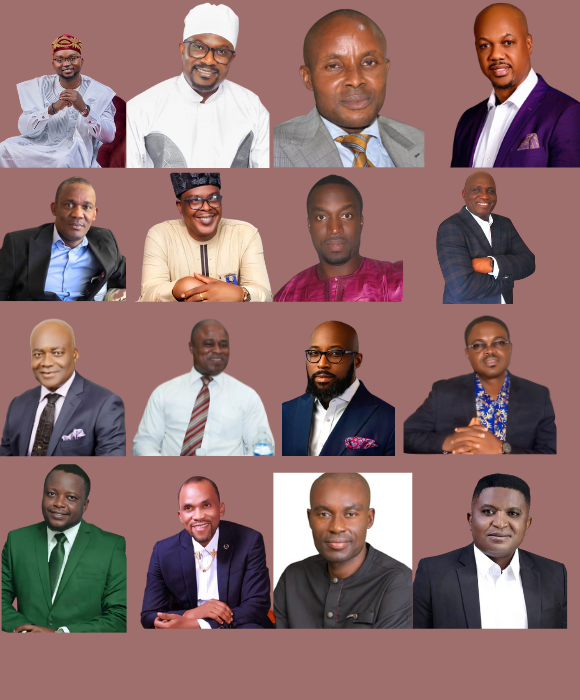These volunteers are the heart of our mission, dedicating their time, skills, and energy to help our cause thrive.
The European languages are members of the same family. Their separate existence is a myth. For science, music, sport, etc, Europe uses the same vocabulary. The languages only differ in their grammar, their pronunciation and their most common words. Everyone realizes why a new common language would be desirable: one could refuse to pay expensive translators. The new common language will be more simple and regular than the existing European languages.
Get to know the passionate individuals behind the scenes who are driving change and making a real difference.
Faces of Dedication
When Nigeria introduced the service-based electricity tariff in 2020, its mission was clear: to enhance equity in electricity tariffs. Five years on, evidence suggests that the system is unable to provide stable and affordable electricity, negatively impacting productivity and deepening poverty for 86.8 million Nigerians, over 30 per cent of the population. For the third consecutive year, the World Bank has ranked Nigeria as the country with the poorest electricity access, with over 86 million Nigerians living in darkness. In its latest report covering 2023 and titled “Tracking Sustainable Development Goal, SDG7: The Energy Progress Report 2025,” the institution revealed that the majority of Nigerians without electricity live in rural or remote areas.
In nations across the globe, electricity has proven to be a lifeline for economic productivity; however, the service-based electricity tariff system in Nigeria proposes a luxury that is often afforded only by the elites.
According to the Nigerian Electricity Regulatory Commission (NERC), the Service-Based Tariff (SBT) system is a scheme that links electricity costs to the quality and quantity of power supplied to customers. It categorises consumers into different bands (A-E) based on the number of daily electricity supply hours they receive, with higher bands paying more for consistent, longer electricity supply and lower bands paying less accordingly.
When citizens are marginalised from accessing reliable electricity, the potential for economic productivity and prospects of wealth creation are affected.
Roadblocks to Economic Productivity
As a key driver of economic activity, access to electricity has a significant impact on production efficiency, affecting time, resources, and costs.
Nigeria’s agricultural sector loses at least ₦2 billion annually due to inadequate and unreliable power supply, which negatively impacts the economy, according to Elsie Attafuah, United Nations Development Programme Resident Representative.
Agriculture plays a vital role in Nigeria’s economic development, contributing more than 24 per cent to the gross domestic product and employing 70 per cent of the workforce. Given its significance, agricultural productivity not only influences the Nigerian economy but is also a key determinant of food security.
According to the World Bank’s estimates, the majority of Nigerians without access to electricity reside in rural areas and are primarily engaged in the agricultural sector. Consequently, farmers often deal with produce spoilage. In 2024, several farmers in Kano recounted how poor access to electricity hindered their ability to store, process, and preserve their produce, undermining their capacity to create wealth. For farmers, post-harvest losses surpass 50 per cent annually, according to the United States Agency for International Development.
Power Outages Stall Progress
A Standard Bank 2024 Africa Trade Barometer. According to the report, power outages incur economic losses of approximately $26 billion annually, with businesses spending an additional $22 billion on off-grid fuel due to irregular power supply.
Given its impact on their activities, consumers in Bands B through D have criticised the service-based tariff system as inefficient and unfair, providing power that is incommensurate with their band category. Despite the promised 20 hours per day for Band A consumers and 16 hours for Band B, with supply decreasing by four hours per band down to Band E, citizens in other bands claim that the system favours Band A consumers, resulting in an irregular power supply and causing businesses to suffer losses.
Power outages in Nigeria have proven to hamper productivity in businesses and limit citizens’ ability to create and multiply wealth. Diverting resources to fund self-generated electricity rather than maximising profit often incurs extra operational costs, thus influencing market price and burdening patrons. This blocks opportunities for resource utilisation and value enhancement, reinforcing cycles of poverty.
The Pathway Forward
Nigeria’s ranking as the poorest country globally without access to electricity contradicts its reputation as a natural resource hub. Despite possessing numerous natural resources that could alleviate energy poverty, the power supply remains inadequate.
To overcome electricity marginalisation, the Nigerian government needs to leverage its abundance of sunlight to generate renewable electricity, especially in rural areas where grid extension is expensive and challenging. This would relieve pressure on the already strained national grid and simplify the energy transition, starting from the grassroots.
To achieve this, federal power sector actors should partner with private sector entities, capitalising on the 2023 Electricity Act, to finance the machinery required to provide renewable energy. The Electricity Act prioritises renewable energy development and enables individuals in the private sector to participate at key levels. With the act, availing capital-intensive machinery, such as solar panels, battery storage systems, and inverters, could be easier, thereby alleviating the financial burden on farmers.
Electricity institutions, including the Nigerian Electricity Regulatory Commission and the Ministry of Power, should also establish a system that ensures fairness in electricity consumption and payment. Consumers in different tariff bands have not only criticised the service-based tariff system for being unfair but also underscored how an increase in electricity tariffs has led to a disproportionate price spike, particularly for prepaid users, in relation to the quality of units enjoyed.
Estimates have also shown how systematically locking citizens out of economic participation limits their potential to create and multiply wealth.
To address these injustices, the Nigerian Electricity Regulatory Commission should collaborate with relevant stakeholders to regulate and eliminate the categorisation of consumers into bands A through E, transitioning to a fair system that charges citizens based on the quality of electricity consumed. Setting a flat rate for power consumers would not only ensure an equal distribution of power supply but also present a fair opportunity for economic activity and productivity, empowering them with basic amenities to create value.







Comments
annabrown
Good Blog!
cmsmasters
Thanks.